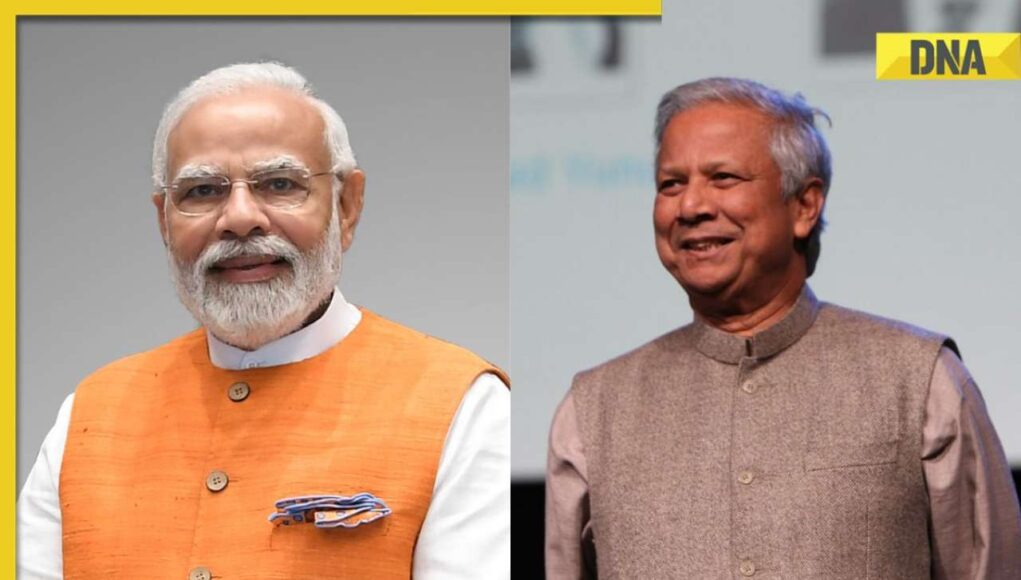Source : DNA INDIA NEWS
Relations between India and Bangladesh have hit a rough patch as the former has halted Rail connectivity projects worth Rs 5,000 crore. The decision reflects India’s serious concerns over the rising political instability in Bangladesh and its strategic shift towards other countries in the region. From a panoramic view, India sees the changing political shift in Bangladesh as a threatening situation to its interest in the South Asian region.
Modi govt punishes Bangladesh by halting railway projects due to…, looks for alternatives in…, know its implications
Relations between India and Bangladesh have hit a rough patch as the former has halted Rail connectivity projects worth Rs 5,000 crore. The decision reflects India’s serious concerns over the rising political instability in Bangladesh and its strategic shift towards other countries in the region. From a panoramic view, India sees the changing political shift in Bangladesh as a threatening situation to its interest in the South Asian region.
Why India halted rail projects in Bangladesh?
After the overthrow of former prime minister Sheikh Hasina, the country saw the rise of extremist Islamist elements in Bangladesh’s politics and political violence across the country since. The Hindu religious minorities have also been facing threats there due to which Modi government has been on alert. This has pushed India to look for possible alternatives Like Nepal and Bhutan.
Modi government has punished Bangladesh after the head of its interim government, Mohammad Yunus, gave a statement in China “The seven states of India, the eastern part of India, are called the Seven Sisters. They are a landlocked region of India. They have no way to reach out to the ocean. We (Bangladesh) are the only guardian of the ocean for this region.” This statement has also pushed India to increase railway connectivity and infrastructure in the Northeast by increasing railway network to four times more.
Earlier, India started these railway projects as part of increasing connectivity to the northeastern region via Bangladesh, however, after its changing stance and security concerns, India is now looking to decrease its dependency on Bangladesh.
In his statement Yunus challenged India’s initiative as the economic and security provider for its own region which is strategic from security point of view and on which China has set its eyes.
Implications
India’s shift towards Nepal and Bhutan reflects a strategic move to counterbalance China’s growing influence in South Asia through the Belt and Road Initiative (BRI). By strengthening ties with these nations, India aims to secure its economic interests and promote regional stability. As India redirects its focus and resources, the Ministry of External Affairs and Ministry of Railways are expected to release detailed project plans soon. The success of these initiatives will be crucial for regional integration and secure access to India’s northeastern region.
SOURCE : DNA NEW








